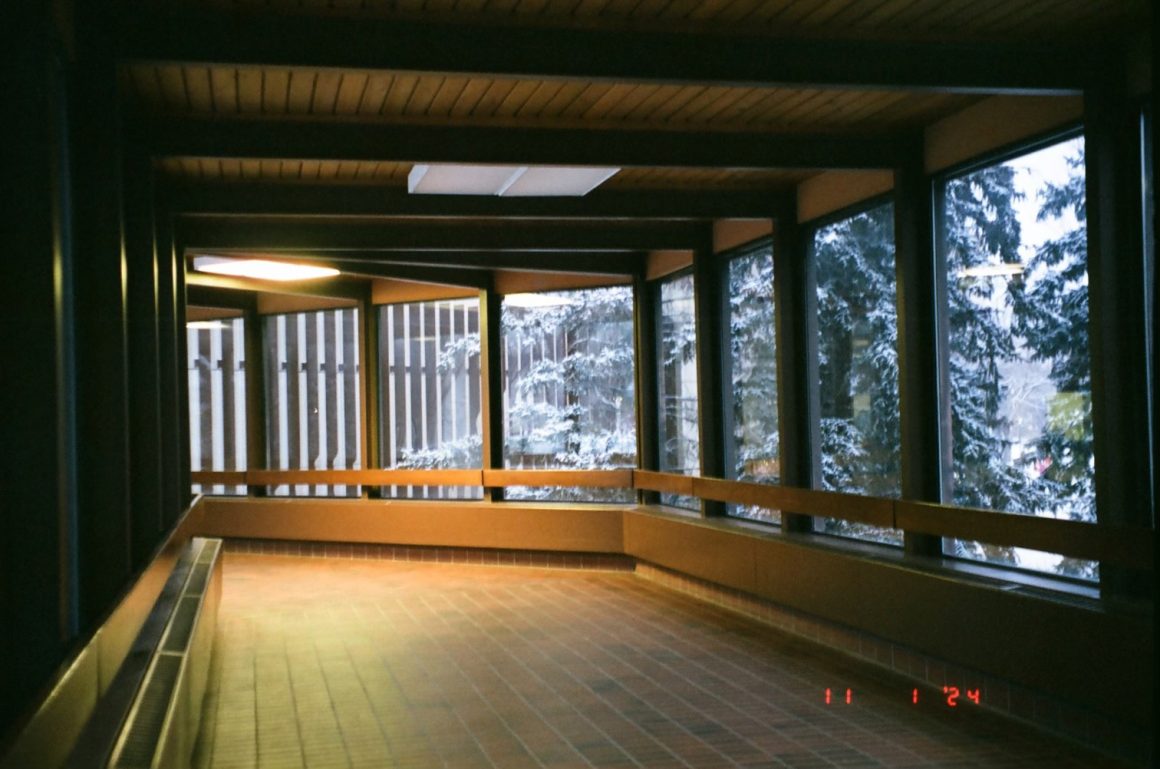
SLC pushes back against proposed Student Appeals Policy Revisions
By Vama Saini, March 24 2024—
Last week’s Student Legislative Council (SLC) meeting on Mar. 19 saw discussions surrounding proposed revisions to the University of Calgary’s Student Appeals Policy Suite. Led by Melissa Morrison, associate general counsel for students appeal and policy, and Courtney McVie, university secretary, the presentation aimed to address potential changes to the existing appeals process.
Morrison and McVie began by explaining that the university is currently in the consultation phase regarding these proposed revisions. They highlighted the desire to approve and implement the changes by July 1 of the current year. The existing structure of the Student Appeals Policy Suite has been in place since Jan. 1, 2019.
“Functionally, we have three layers of appeal. We have Faculty Appeals committees. We have the University Appeals Committee, which is a delegate of the General Faculties Council (GFC). We have a University Appeals Tribunal, which is a delegate of four governors,” said Morrison.
One key aspect of the proposed revisions is the removal of the second layer of appeal. Under the current system, students can appeal to the University Appeals Tribunal if they are dissatisfied with the outcome of the University Appeals Committee.
“What [students] are actually appealing at this point is not the decision of first instance. It’s about whether they received a procedurally fair and unbiased hearing at the University Appeals Committee. So its a very narrow right of appeal,” said Morrison.
Morrison presented data indicating that very few students utilize this secondary appeal option.
“In the five years we have been tracking this, in the hundreds and hundreds of appeals we have received, we have seen a total of 17 people take advantage of [the second layer of appeal]. Of those 17, only four were actually granted permission to go to a full hearing. And of those four, none of them were actually successful because the process is so robust at the first level,” said Morrison.
SLC members were largely opposed to the elimination of the second layer in the appeal process.
Schulich Representative Seniru Ruwanpura called for a deeper exploration of how post-COVID circumstances might affect students’ understanding of the appeals process.
“If the justification [for this proposal] is based on the data, I think there needs to be greater exploration in terms of what is happening post-Covid to ensure that students are actually recognizing how that appeal process works,” said Ruwanpura.
Morrison claimed that the proposed revisions were not solely driven by numerical data but also aimed to enhance the overall student experience.
“This is not just about the numbers — this is actually about what’s in the best interest of the students. At some point, appealing and appealing is not in their best interest,” replied Morrison.
Faculty of Science Representative Ben Shi said that even if the second layer was underutilized, its presence may contribute to the overall robustness of the first layer.
“I hear you that the secondary layer isn’t very utilized by students, but I feel like even if not utilized, their presence may contribute to a certain robustness of the previous layers, kind of just offering a source of accountability,” said Shi.
Vice President Academic Sandra Amin strongly opposed the proposal, stating that forcing students to seek recourse outside the university system would not be in their best interests.
“That [students] have to navigate a legal court system outside of our own university one to be able to appeal an academic progression is not in the best interest of our students. Although right now it’s being underutilized, it does not mean it’s not necessary. By removing it and saying that bias has not occurred in the past for this system to be utilized, there is no guarantee that that’s not going to happen in the future,” said Amin.
Vice President Operations and Finance Arlington Antonio Santiago questioned the rationale behind eliminating the second layer of appeal.
Morrison explained that the proposed revisions aimed to streamline the process and prevent students from enduring lengthy appeals that may hinder their academic progress.
Santiago responded by emphasizing students’ right to decide on their pathway of escalation in the process.
“You’re saying all these thousands of processes, but it’s very clear that the process is just what the pathway of escalation is, and after that, it’s the courts. So I do appreciate that we don’t take things out of context and generalize this process as unbearable for the students. Students do have support in their Students’ Union, so they can count on us every step of the way. And I do understand from this answer that I don’t see how you’re eliminating any risks,” said Santiago
President Shaziah Jinnah Morsette underscored the need for multiple layers of appeal to ensure that students have avenues for recourse and that the university maintains accountability.
“All throughout this evening, you’ve said layers, and layers and layers of appeal and that it can’t keep going on, but we don’t have a structure that keeps going on. We have two layers,” said Morsette.
“We are in a time right now where I don’t think we should be in any position to remove an additional layer, no matter how much it is underutilized. I truly do believe that the existence of checks and balances like these, especially considering that the appeals process is a check and balance in itself of the procedures at the university, that it’s absolute that we need a check and balance of our check and balance, the court cannot be the only space for that,” said Morsette.
In response to concerns raised by council members, Morrison and McVie emphasized that the university was committed to supporting students throughout the appeals process and that the proposed changes were in the students’ best interests.
For agendas, minutes and upcoming meetings, visit the SU website.
